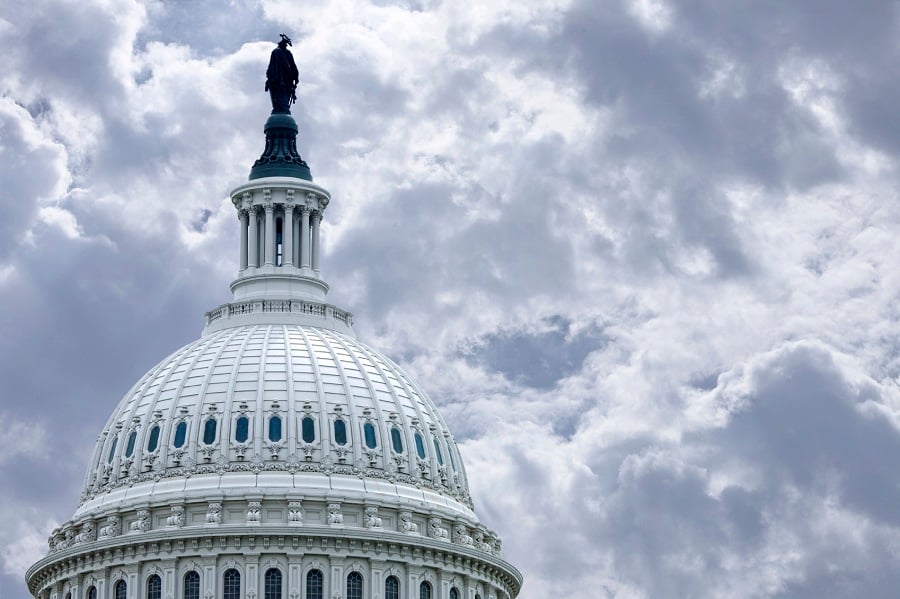

While the presidential election is still technically undecided, the likely outcome of a Joe Biden victory and a divided Congress has produced a collective sigh of relief from the financial services industry. It might say more about the workings of government than it does about the financial markets, but the general consensus among some financial professionals is that gridlock is good.
“We expect divided government to be good for stocks as there are unlikely to be big changes on taxes and no big green new deal as moderates push back on the more progressive wing as the Democratic House lost as many as 10 seats,” said Bryan Beatty, partner and senior adviser at Egan Berger & Weiner.
“The markets like clarity and consistency, and a divided government will give us probably the least change that could have come from this election,” Beatty said. “The markets like knowing that tax policies aren’t going to change dramatically.”
While it is basic economics that taxes create friction, it is worth noting that the stock market chugged along quite nicely for 30 years prior to President Donald Trump’s sweeping cuts to corporate and individual taxes.
But with even a modest corporate tax hike virtually off the table as long as the Republicans control at least one house of Congress, the picture is clearer and the markets are content, said Chris Haverland, global asset allocation strategist at Wells Fargo.
“It doesn’t really matter which party’s in power and the markets can learn to live with whoever is in office, because it’s really the economy and corporate earnings that drive markets,” he said. “At the end of the day, a divided government is a win for corporate earnings and most likely equity prices.”
Research by the Wells Fargo Investment Institute shows a normal pattern of increased market volatility leading up to presidential elections, followed by decreased volatility once the election results are final.
Since 1988, the S&P 500 Index has gained an average of 13% in the 12-month periods following presidential elections, which compares to an 8% average gain for the same period in nonelection years.
Based on that data, combined with the prospect for a divided government, Haverland said the outlook favors U.S. equities over international equities and large-cap stocks over small-cap stocks.
“Despite our preference for a Republican president, and despite our suspicion that the election was fraught with fraud at every turn, we believe the S&P will progress and the economy will move forward,” said Tim Holsworth, president of AHP Financial Services.
Jon Ulin, managing principal of Ulin & Co., is also “bullish on stocks going into 2021 under a Biden presidency.”
“A split Congress is positive news for the stock market as it will not be anytime soon that President-elect Biden will raise taxes along with increasing regulations on oil, energy, banks and investment companies, all of which may create uncertainty and headwinds for stocks,” Ulin said. “Biden’s goal to expand stimulus measures from individuals to businesses will again juice spending, the economy and stocks as we saw this happen in the second half of 2020.”

A new proposal could end the ban on promoting client reviews in states like California and Connecticut, giving state-registered advisors a level playing field with their SEC-registered peers.

Morningstar research data show improved retirement trajectories for self-directors and allocators placed in managed accounts.

Some in the industry say that more UBS financial advisors this year will be heading for the exits.

The Wall Street giant has blasted data middlemen as digital freeloaders, but tech firms and consumer advocates are pushing back.

Research reveals a 4% year-on-year increase in expenses that one in five Americans, including one-quarter of Gen Xers, say they have not planned for.
Orion's Tom Wilson on delivering coordinated, high-touch service in a world where returns alone no longer set you apart.
Barely a decade old, registered index-linked annuities have quickly surged in popularity, thanks to their unique blend of protection and growth potential—an appealing option for investors looking to chart a steadier course through today's choppy market waters, says Myles Lambert, Brighthouse Financial.
